#german things
Text
Finde es schön, wie die Kälte noch für das bisschen Glitzer sorgt:

#german things#german stuff#manche Sticker sind einfach gut#diese Partei ist eben keine Lösung und keine alternative... es würde nur schlimmer werden...#german#politics#german politics
547 notes
·
View notes
Text
DB Ansage: Wir bitten um Ihr Verständnis.
Me, an intellectual: Then beg
#db#deutsche bahn#german things#train#then beg#peasant#you wish i would forgive you#i dont#i wish you would work
523 notes
·
View notes
Text
Die Maus <3
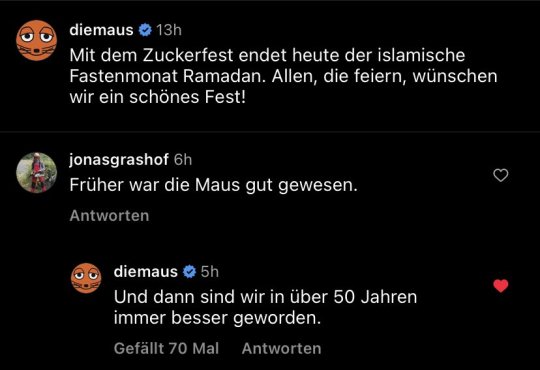
Recht hat sie :)
734 notes
·
View notes
Text
Peak German culture

This is an actual Kindergarten book about Pfandautomaten.
It's about Kindergartenkids learning how to use the Pfandautomat.
#german things#german stuff#germany#deutsche kultur#pfandautomat#it puts kids to sleep though 100%#had to shorten it when I noticed the kids drifting of out of sheer boredom
389 notes
·
View notes
Text
Gerade bei der Fahrkartenkontrolle meinte die Schaffnerin zu mir, "Vorbildlich!" und alles woran ich denken konnte war
I'm gonna get a good grade in Fahrkartenkontrolle, something that is both normal to want and possible to achieve
919 notes
·
View notes
Text
the very important quietsch grillkäse poll
so, it has come to my attention that quiet a huge portion of ppl on the internet dislike that the grill cheese ( not grilled cheese ! ) or halloumi put on the grill squeaks ( quietscht in german ) when you eat it. this was news for me, however. so. now I need to know.
some answers are inspired by my friends and mutuals' responses to this dilemma, ilu ♥ under the cut are some picture of grillkäse but it's basically cheese that won't melt into the grill because of how it's made, and it is usually goat or sheep milk used tho not always.

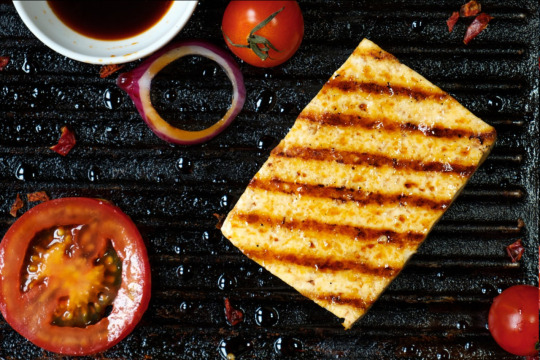
#tumblr polls#cbjb does stuff#onlygermanthings#german stuff#food cw#german things#grillsaison#reblog for sample size etc etc
379 notes
·
View notes
Text
In Germany we don't say 'desire path', we say 'unbefugtes Betreten öffentlicher Grünflächen' and I think that's beautiful.
#german stuff#german things#bringing this meme back because why not#yes i've been on Tumblr since 2012
701 notes
·
View notes
Text
There's always a sense of belonging when you run with multiple other people from one train to another due to the DB being incompetent
188 notes
·
View notes
Text
If you find yourself bored, imagine USAian right wing politicians reacting to the Gendersternchen.
It's free and the Polizist*innen can't stop you.
#jokes#political#political jokes#german#germany#german memes#german things#german stuff#german tumblr
177 notes
·
View notes
Text
Hate being in Germany. "Nein, hier können sie nicht mit karte zahlen, sie müssen die 13.52€ in 1cent stücken abzählen wie ein totaler depp wärend alle ungeduldig in der schlange warten" du zahlst gleich mit deinem leben du bastard
#rant#traumadumping#german things#this post is obviously ironic people in the tags are taking this way too seriously. i don't go around yelling at random service workers!#people who do that don't make tumblr posts about it they're too busy blaming everyone else for their problems
1K notes
·
View notes
Text
Saw a Rettungsgasse today... effervescent
1K notes
·
View notes
Text
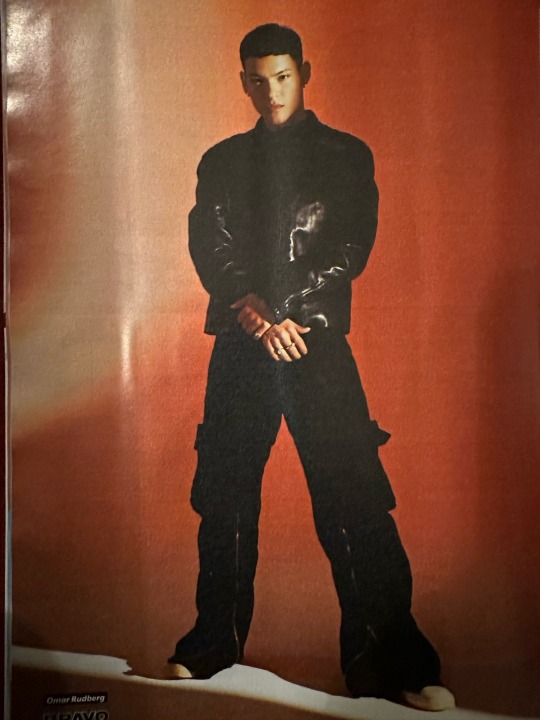
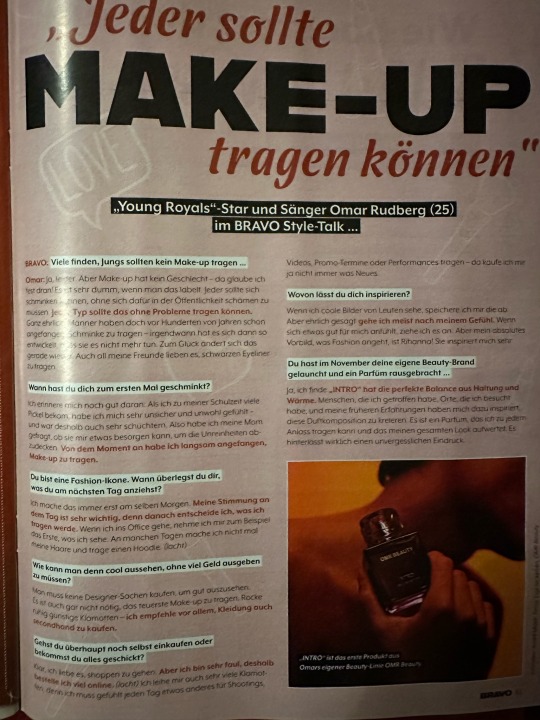
Omar featured in the German magazine Bravo.
67 notes
·
View notes
Text
Thinking about those "Jaskier only thinks of me as a friend/family" fics and how nicely that plot would work with a bit of German in it, where Jaskier often tells Geralt "Ich habe dich lieb," which Geralt translates into a friendly/familiar "I hold you dear", but Jaskier definitely means in a romantic "Ich liebe dich", meaning "I love you" way.
#hmh#the witcher#artistsfuneral about the witcher#geraskier#witcher#german things#bilingual#jaskier#geralt
97 notes
·
View notes
Text
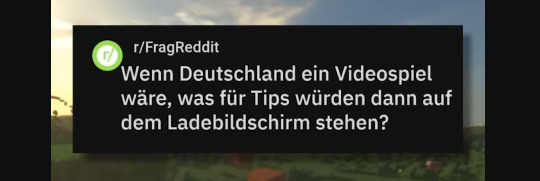
youtube
98 notes
·
View notes
Text
Just bought fresh bread from a local bakery and tried it first thing back home, 12 healed, 1 resurrected
55 notes
·
View notes
Text
German terms of endearments for your fic
.Now, it's been two years since I've fallen into the X-Men/Cherik-fandom and one thing that I have seen continuously is people trying to find terms of endearment in German for Erik to use for Charles (or his mother for him). (I've lost count of how many times I've seen the word "Liebling" spelled wrong)
And honestly, no offense. I know it's hard writing a character who speaks a language you don't. And obviously, you're gonna make mistakes. So I thought I'd share my knowledge as a mother tongue in German and let you know some of the most common ways we described our loved ones. ;)
DISCLAIMER: I am but one single person, grown up south-east from Berlin, I DO NOT speak for the whole of Germany, nor do I ever intent to, especially since we are anything but a cultural monolith. Just keep that in mind while reading. ;)
Exclusively romantic terms:
- Liebste (fem.)/ Liebster (masc.) : literally means "most loved". Closest English equivalent is probably "love" or "beloved". Bit old-fashioned. Makes you sound like a 20th-century-gentleman. ;) Make sure to write it "I-E" NOT the other way around! It would make the opposite sound.
- Geliebte (fem.) / Geliebter (masc.): literally "beloved". Makes you sound even older, like Jane-Eyre-19th-century-old. Again, I before E.
- Süße (fem.) / Süßer (masc.): literally "sweetie" (I KNOW this is probably now confusing, but trust me.) This is where we get into the... sappy side of German. Like, there are some mid-forty/fifty-couples who use that, but the rest makes it probably just cringe. (I know I am right now really helpful by starting with those that are not really modern, but I've seen this used because people translating English terms so I just wanted to say it here.)
Terms for both romantic and parental love:
- Liebling: literally "darling". Classic, neutral, always the safe option for every situation. (I before E ;) )
- Schatz: literally "treasure". Again, safe option, though this leans rather to the romantic side, but can be used for children either way.
And then of course, some animal pet names may be used for either children or romantic partners, but honestly, I don't know any couples who do that. So, those will go into the parental category, I'm afraid.
Terms for children:
-Spatz: "sparrow". That's what we basically use as "sweetie". You can also use the diminutive "Spätzchen" for either toddlers or said by grandmothers.
-Maus: "mouse". same thing. Diminutive is "Mäuschen". Tendency in usage for girls, but can work for either gender. (This is what my Mom still calls me sometimes even though I'm already 22! XD)
-Motte: "moth". This is now really rather for girls, and rather those whose names start with M.
-Krümel: "crumb". Not used by many, rather comes from the North, also rather used for unborn children in the womb.
-Fussel: "fluff". Also not that common but can be cute in my PoV. :)
-Hase: "rabbit". Diminutive is "Häschen". This one's rather for boys in my experience.
And then again, at the end of the day, expressions of affection are personal and as we get more personal in German, we tend to use our respective dialects. Yes, there are actually quite a many dialects for our relative "small" country. Around 30, to be concrete. Though they are all decreasing in being used, sadly, as we get more and more globalized and mobilized. However, here are some examples that I know, my knowledge being utterly limited as I am only one single person from the region south of Berlin:
-Kleene (fem.) / Kleener (masc.): "little one". If you ever have a character originating from Berlin or south of Berlin, this can be used for children.
-Meechen: "girl" in the dialect of the region called "Lausitz" around the border of Brandenburg and Saxonia. Also for kids.
-Schätzelein: diminutive of "treasure" in Colognian dialect. Romantic in nature, though it can also be used in a way like hairdressers in American movies sometimes call their customers "sweetie". (please, if there's a person from Cologne here, correct me on that!)
-Liebchen: "darling" or "beloved" in Saxonian dialect, I believe. Rather used by old couples.
-Min Dern (fem.)/ Min Jung (masc): "my girl/boy". Northern dialect. In the region around Hamburg, if I remember correctly. Used for kids.
That's it for the moment. I will probably add to this list whenever I learn some new, but I hope this is already helpful for some people.
Have a great day! :)
Also, if to other German mother-speakers, feel free to share your perspective, correct me if I did put something in the wrong region or enlighten me with other words.
#fandom things#fanfiction writing#german things#germany#cherik#kurt wagner#erik lehnsherr#ao3 stuff#translation
200 notes
·
View notes